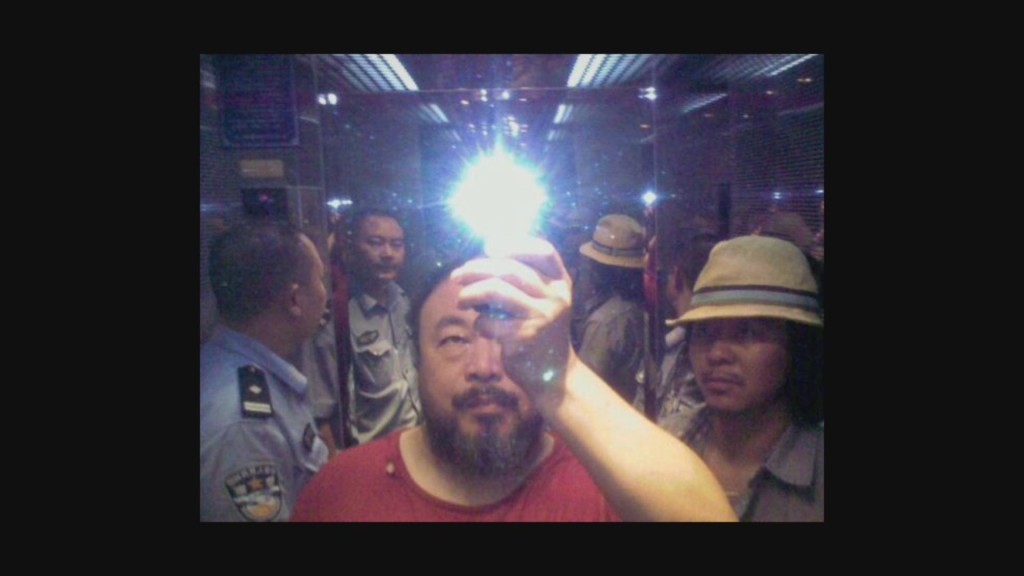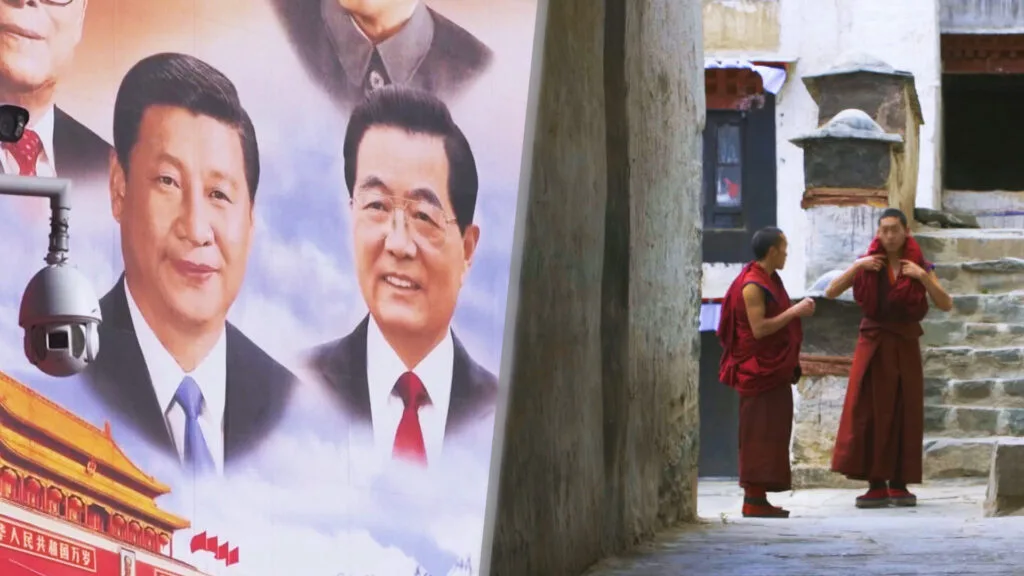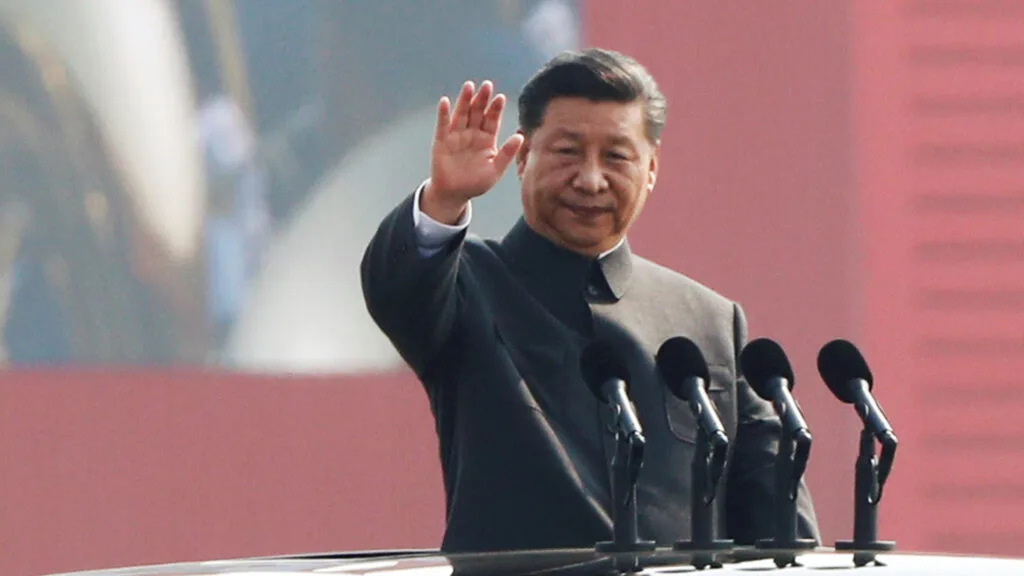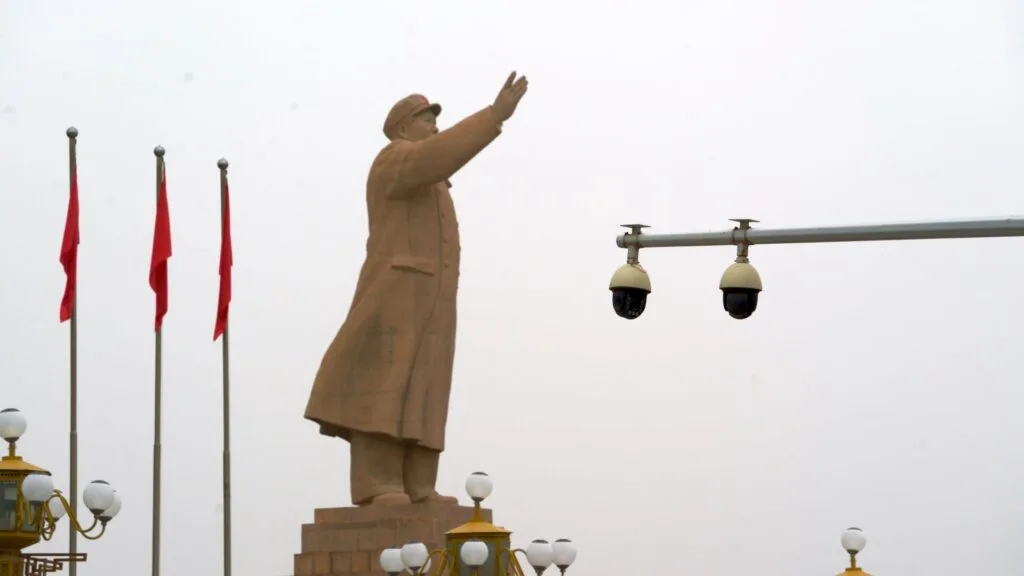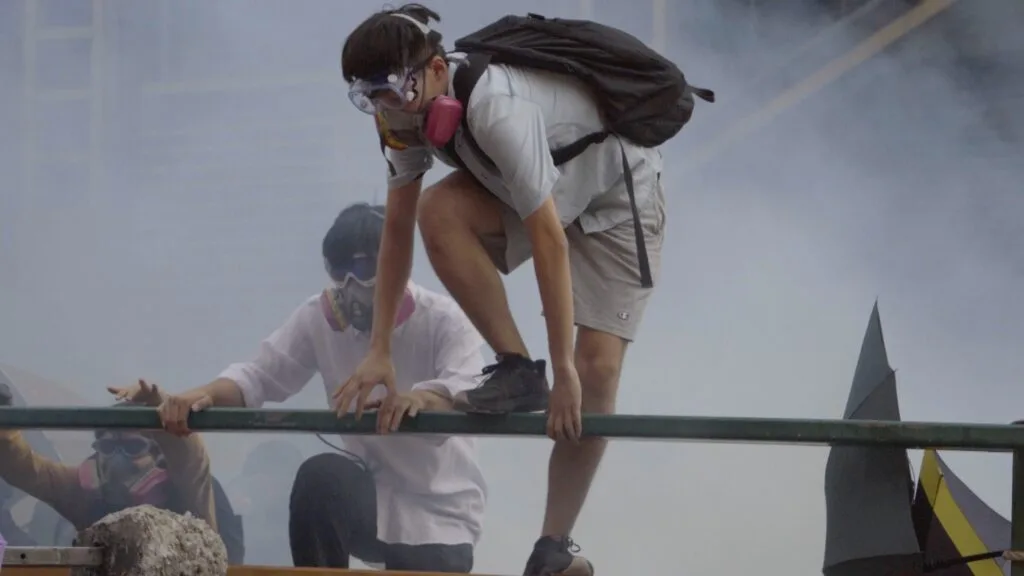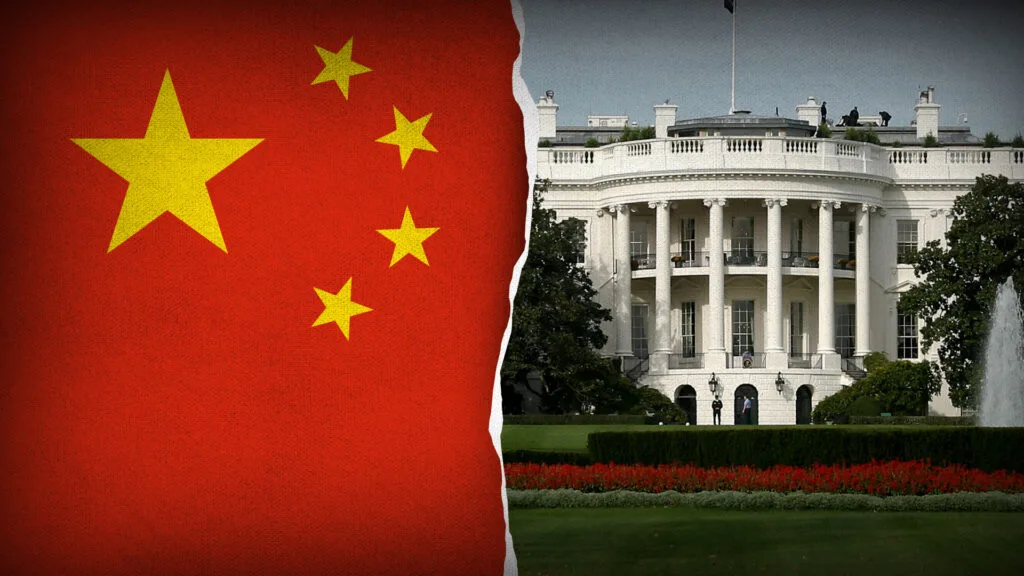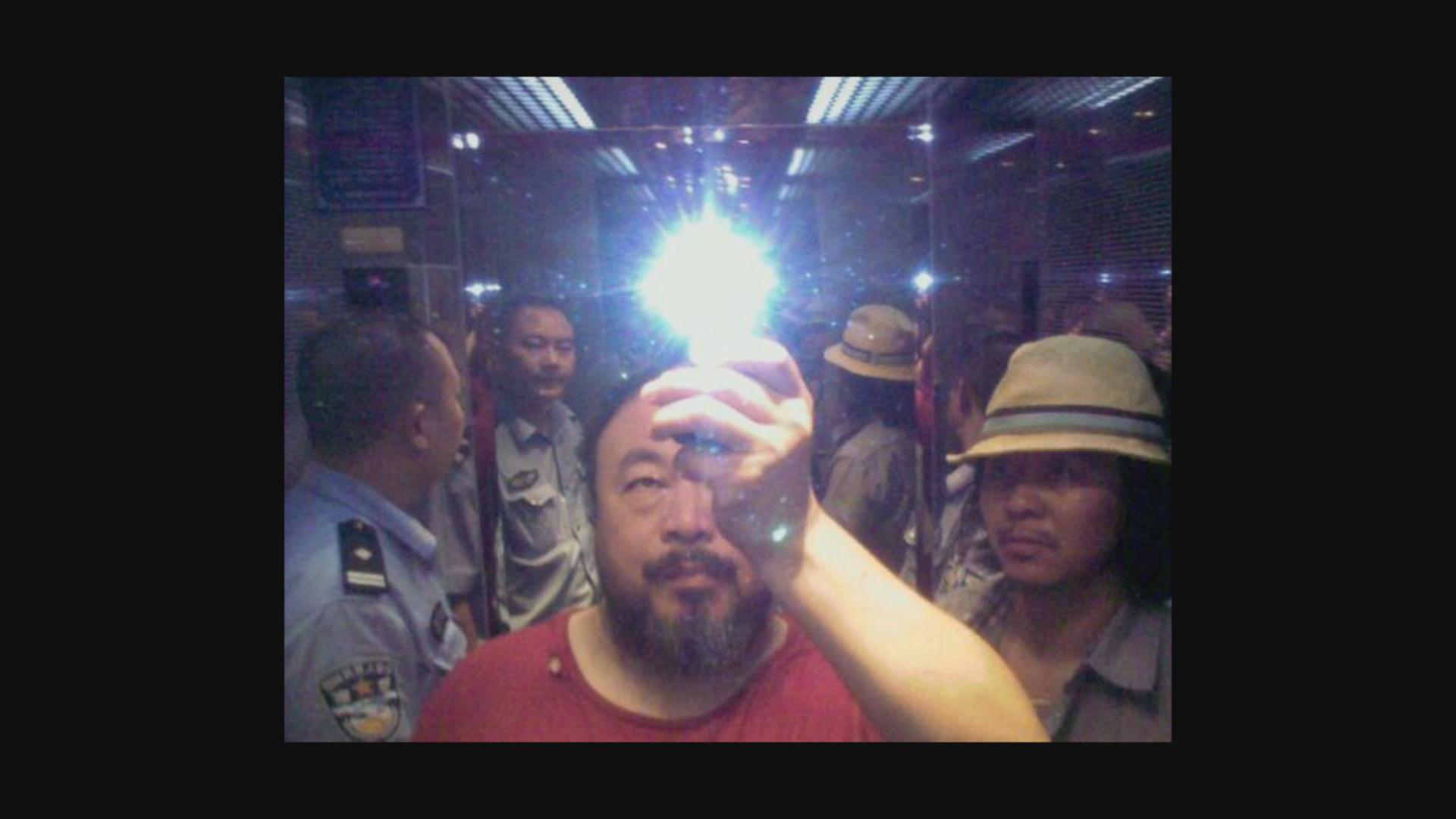Has China Legalized Secret Detentions?
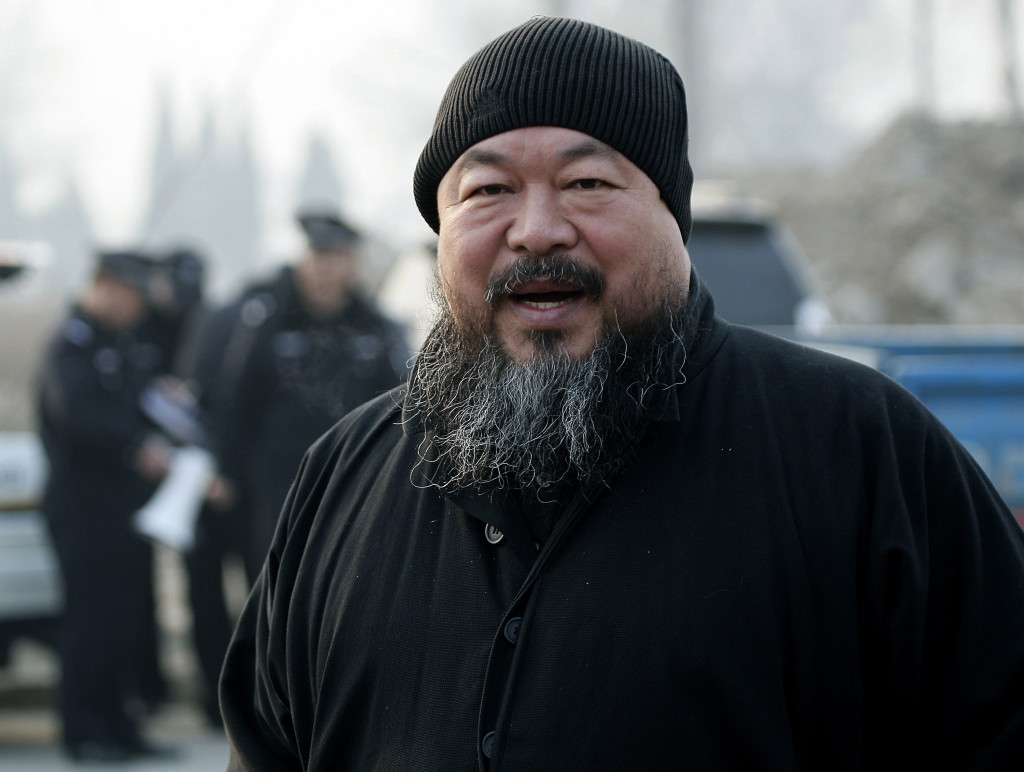
March 15, 2012
Share
Yesterday, Chinese lawmakers enacted a number of revisions to the country’s criminal code ostensibly designed to bring some Western-style protections to the country’s legal process.
The government says the new laws will safeguard suspects’ rights, curb the power of police and help prevent forced confessions. And it dropped a controversial provision announced last September that would have allowed suspects to be held for up to six months in secret locations without informing their family members. Relatives will now have to be notified within 24 hours of a suspect’s detention.
But rights group remain concerned, noting a broad exemption for cases that involve “state security or terrorism” or if notifying a family would “obstruct” an investigation. “This is the formalization of detaining people wherever they please,” Nicholas Bequelin, a senior researcher at Human Rights Watch in Hong Kong, told CNN. He and other activists note that the authorities have broadly interpreted what constitutes a threat to national security in the past.
Though the government denies their existence, the country’s “black jails,” as they are known, are no secret in the country. In the report embedded above, Al Jazeera’s Melissa Chan visits one of these facilities in Beijing where families have come to find their missing relatives, only to find they have been moved to a new secret location.
Over the last year many activists have been held in secret detention centers for months, including dissident artist Ai Weiwei, whom we profiled shortly before he was arrested last April and who was held in a secret location for 43 days before his wife was permitted to see him.
“I think this shows the present political mentality of lack of confidence and of fear,” Ai said last week, about the proposed laws. “This is a massive threat to the judicial system and to citizens’ security.”
According to The Times, the new law also requires that legal aid be given to those who cannot afford it, that the police record on videotape and audiotape the interrogations of suspects facing the death sentence or more than 10 years in prison, and that they inform a suspect of his or her right to a lawyer. The laws do not give a suspect the right to remain silent.
“There is no question these are welcome changes,” Mike McConville, a law professor in Hong Kong and the author of a recent book, Criminal Justice in China, told The Times. “What I am saying is that they do not go far enough.”
Related Documentaries
Latest Documentaries
Related Stories
Related Stories
Explore
Policies
Teacher Center
Funding for FRONTLINE is provided through the support of PBS viewers and by the Corporation for Public Broadcasting, with major support from Ford Foundation. Additional funding is provided the Abrams Foundation, Park Foundation, John D. and Catherine T. MacArthur Foundation, Heising-Simons Foundation, and the FRONTLINE Trust, with major support from Jon and Jo Ann Hagler on behalf of the Jon L. Hagler Foundation, and additional support from Koo and Patricia Yuen. FRONTLINE is a registered trademark of WGBH Educational Foundation. Web Site Copyright ©1995-2025 WGBH Educational Foundation. PBS is a 501(c)(3) not-for-profit organization.
